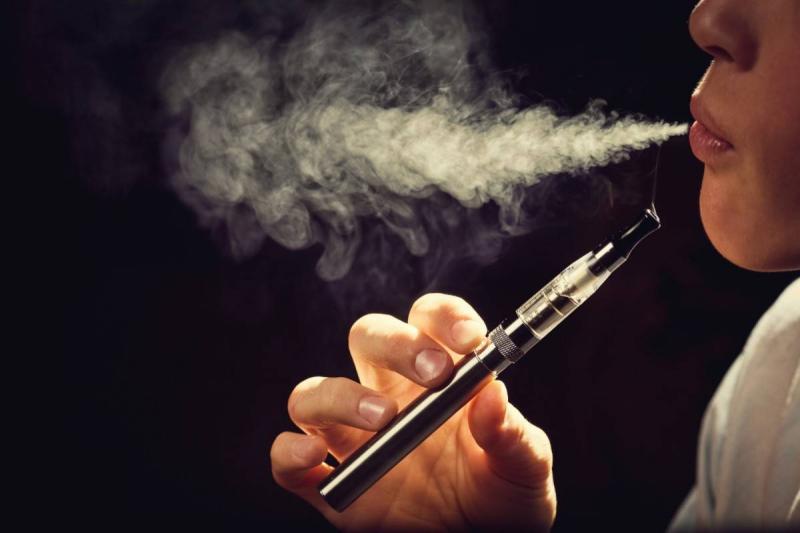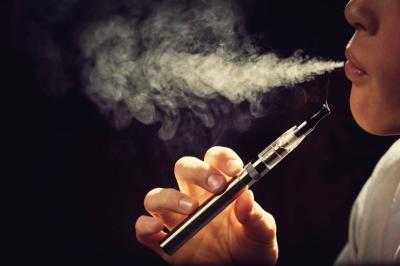A new study has shown that electronic smoking can increase the risk of fatal heat exhaustion as temperatures rise in the summer. An international research team recruited 10 men who smoke electronic cigarettes and provided them with a nicotine patch to wear overnight. The following day, they were all asked to exercise on a stationary bike for 60 minutes without stopping, in rooms with temperatures of 20 and 30 degrees Celsius. The research team measured the internal temperatures of the volunteers using a swallowed temperature "capsule" that wirelessly transmits data to an app.
The day after the experiment, they were given a placebo patch that contained no nicotine and repeated the entire exercise. It was found that two participants had to leave the "nicotine patch" trials in the 30-degree Celsius rooms, as one had "reached the maximum gastrointestinal temperature," and the other stopped due to "nausea and chills." The researchers concluded that nicotine increases "thermal stress" during physical exertion, leading to heat exhaustion by reducing blood flow to the skin. Study leader Toby Mundell, a physiologist at Brock University in Canada, stated that nicotine accelerates a person's metabolic rate, which essentially increases the number of calories burned.




